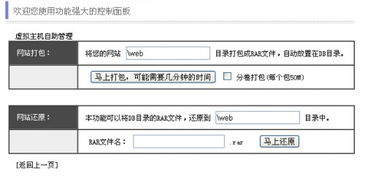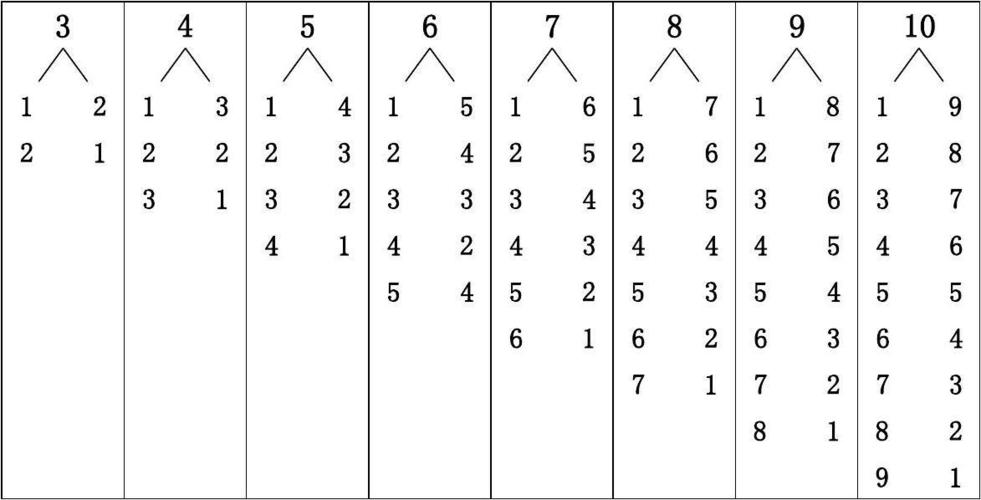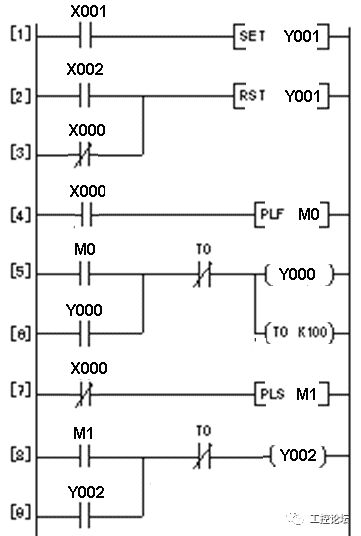The strcmp function in C/C is used to compare two strings and determine their relative ordering. Here's a breakdown of how it works:
Syntax:
int strcmp(const char *str1, const char *str2);
Parameters:
- str1: The first string to be compared
- str2: The second string to be compared
Return Value:
The function returns an integer value as follows:
- 0: If str1 is equal to str2
- Positive value: If str1 is greater than str2
- Negative value: If str1 is less than str2
Example:

const char *str1 = "apple";
const char *str2 = "banana";
int result = strcmp(str1, str2);
In this example, the value of result will be negative because "apple" comes before "banana" in lexicographical order.
Guidance:
When using the strcmp function, it's important to remember that it performs a bytebybyte comparison of the underlying character representations. Always ensure that the strings being compared are properly nullterminated to avoid unexpected behavior. Additionally, for C , consider using std::string and its comparison operators for a more consistent and safe string comparison.
Overall, strcmp is a fundamental function for string comparison in C and C programming, but care should be taken to handle it correctly within the context of the overall application.
版权声明
本文仅代表作者观点,不代表百度立场。
本文系作者授权百度百家发表,未经许可,不得转载。











